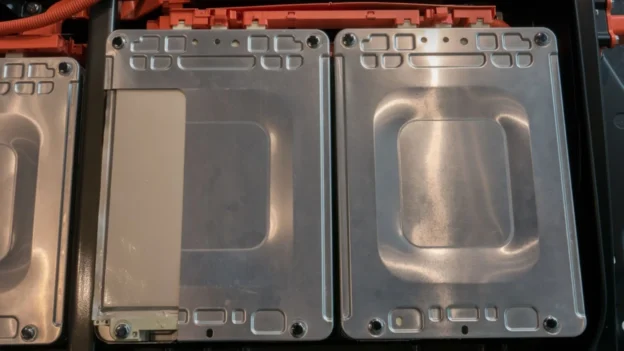A joint research between Tianjin University and Tsinghua University has achieved a major breakthrough in the development of solid-state batteriesby presenting a plastic interface rich in inorganic materials that improves performance under high-demand conditions.
Solid-state batteries and the challenges in their development
The lithium metal batteries are considered essential for the next generation of energy storage. However, one of their biggest challenges has been instability at the interface between the solid electrolyte and the lithium anode, especially under cold climates or high currents.
The problem lies in the fact that the traditional SEI interface, made up of inorganic inorganic materialstends to fracture during charge-discharge cycles, affecting ion transport and facilitating dendrite growth.
A plastic interface with graded properties
The team led by researchers from both universities proposed a plastic structure of SEI with a gradient of affinity and repellency towards lithium. This architecture allows for greater ductility, avoiding fractures during operation and maintaining an ionic conductivity conductivity.
This new coating, in addition to being more mechanically stable, is capable of withstanding thousands of hours of continuous operation even at sub-zero temperatures, which represents a fundamental step forward for applications in electric vehicles in extreme climates.
Published in Nature and endorsed by national entities
The results were recently published in the journal Natureunder the title“A ductile solid electrolyte interface for solid-state batteries“. The project was funded by several Chinese research entities, including the National Natural Science Foundation and the National R&D Program.
The collaboration between the teams of Professor Yang Quan Hong (Tianjin University), Kang Feiyu and He Yanbing (Tsinghua University, Shenzhen) marks an achievement in the integration of materials science and high-performance energy storage.
Source and photo: IT Home

